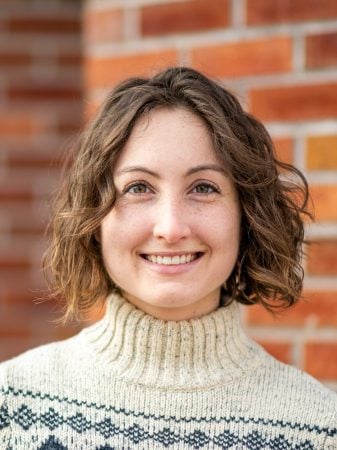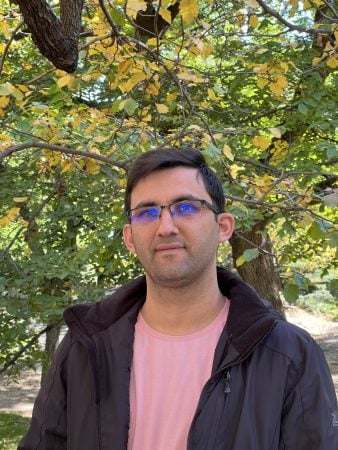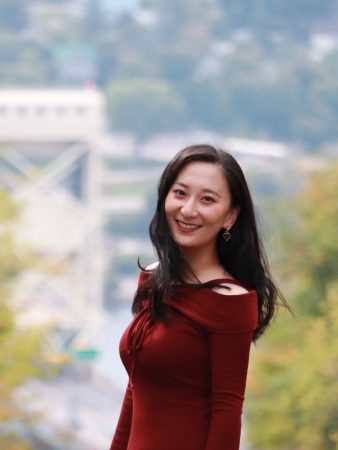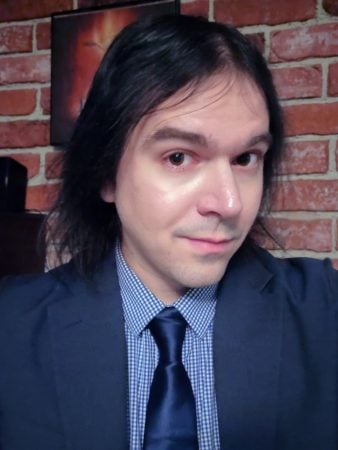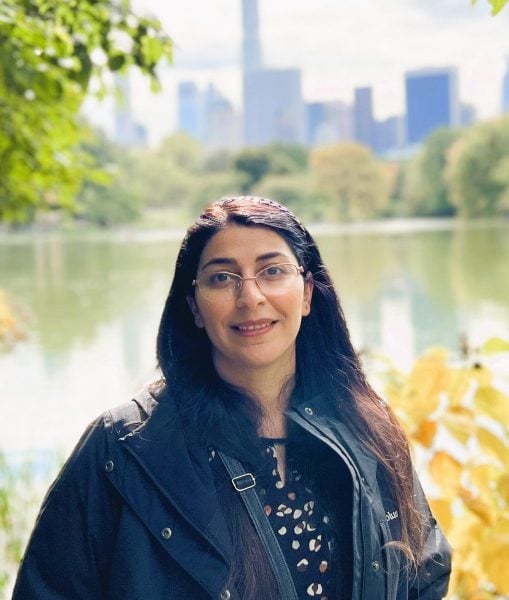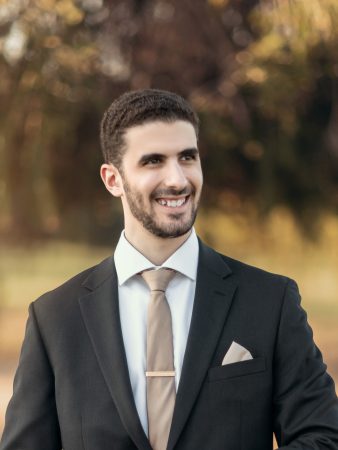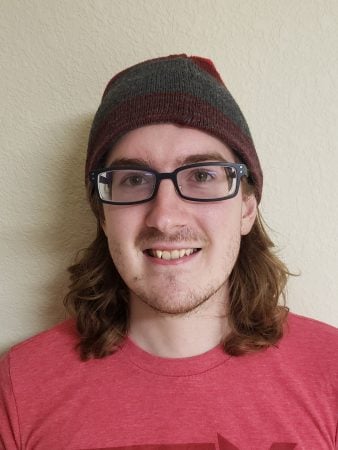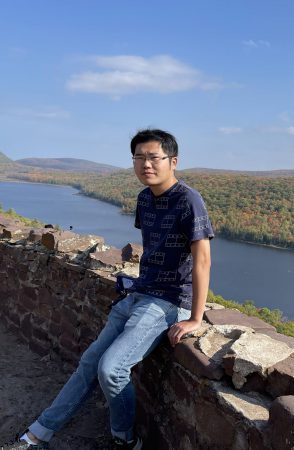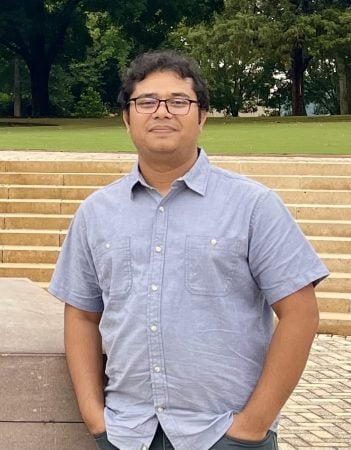I am a rising PhD candidate in Dr. Caryn Heldt’s lab researching how to make virus-based pharmaceutical manufacturing more cost-effective and time-effective. Gene therapeutics, a ground-breaking new class of pharmaceuticals that can cure genetic diseases and cancer, often depend on a viral vector to deliver the therapeutic gene. Unfortunately, these therapies often cost over $1 million per treatment and are a financial burden to patients. My research has shown that liquid-liquid extraction can be used to purify multiple viral vectors and could reduce manufacturing costs by over 50% at production scale. We have recently filed a provisional patent for this technology which could significantly reduce the cost burden of gene therapeutics.
I would like to thank my advisor Dr. Caryn Heldt for her technical, professional, and personal mentorship. Her guidance helped me not only to succeed in my projects but also to grow as an independent researcher. I would also like to thank my research lab for their support and friendship. I would like to thank the Graduate School for this finishing fellowship as well as the Chemical Engineering department, the Michigan Translational Research and Commercialization program, and the Cottrell Foundation for their previous financial support. I am excited to take the technical and leadership skills I have gained during this degree and continue working to further research in the gene therapy industry.
